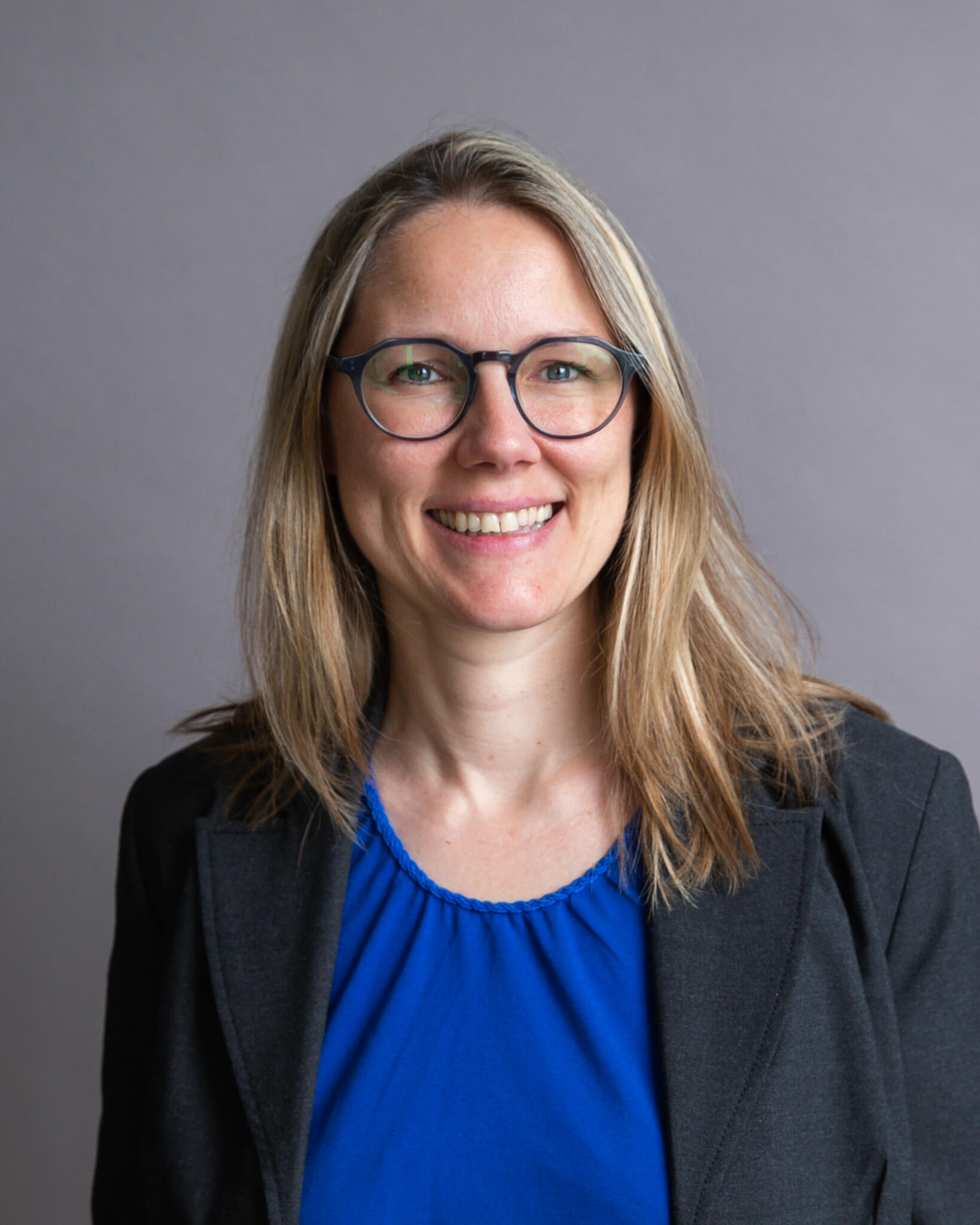Anna Zumbansen received her clinical training in speech-language pathology in France and Canada. Before embarking on her research career, she worked for several years as a clinician specializing in voice disorders affecting professional and amateur singers, as well as in acquired neurological communication disorders. Her doctoral thesis focused on singing for the rehabilitation of aphasia. She has taught and supervised students in speech-language pathology in various universities in Canada and France. She joined the University of Ottawa in July 2020 and has co-directed the Institute for Research on Music and Health since 2021.
Professor Zumbansen is accepting new students for thesis supervision.
